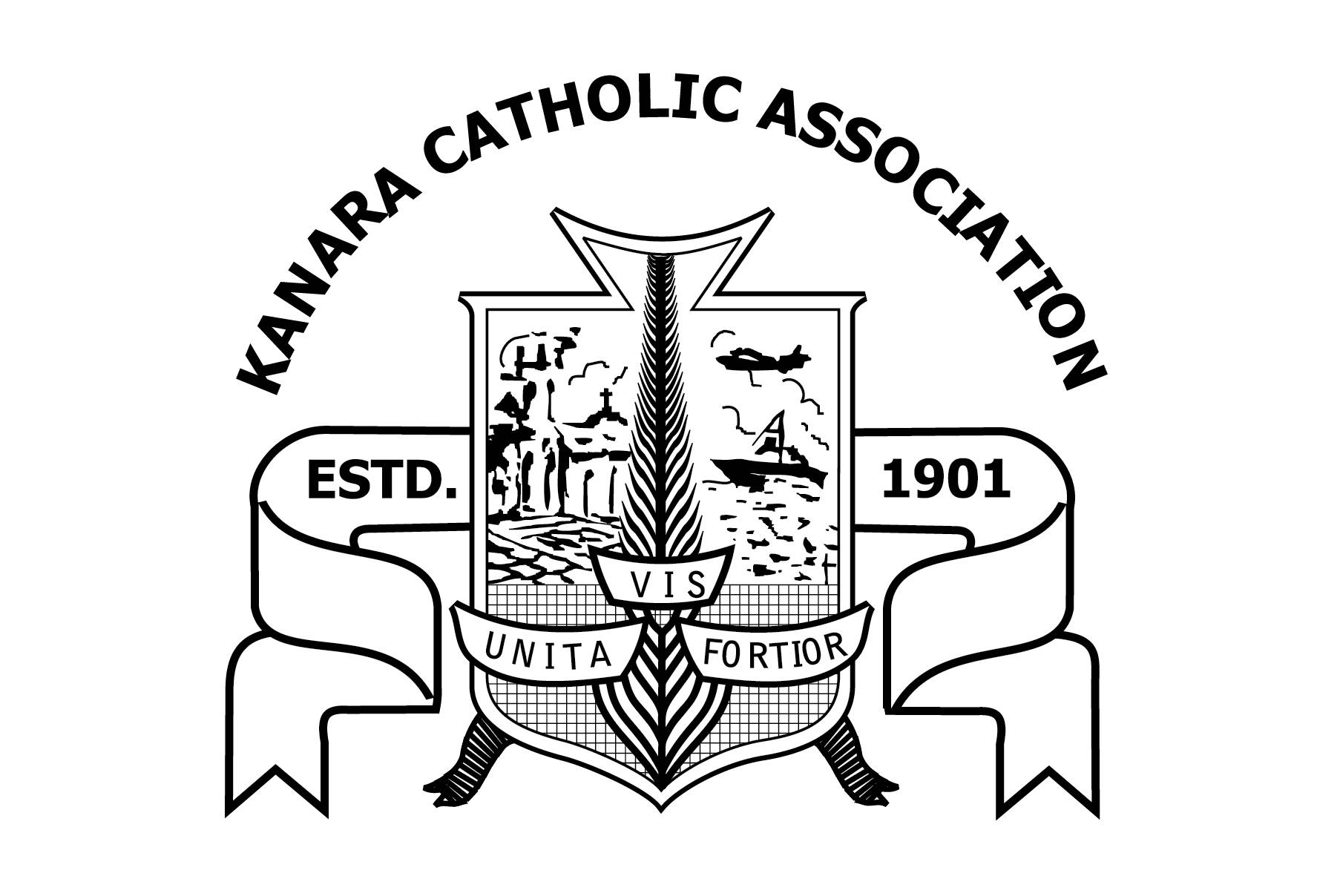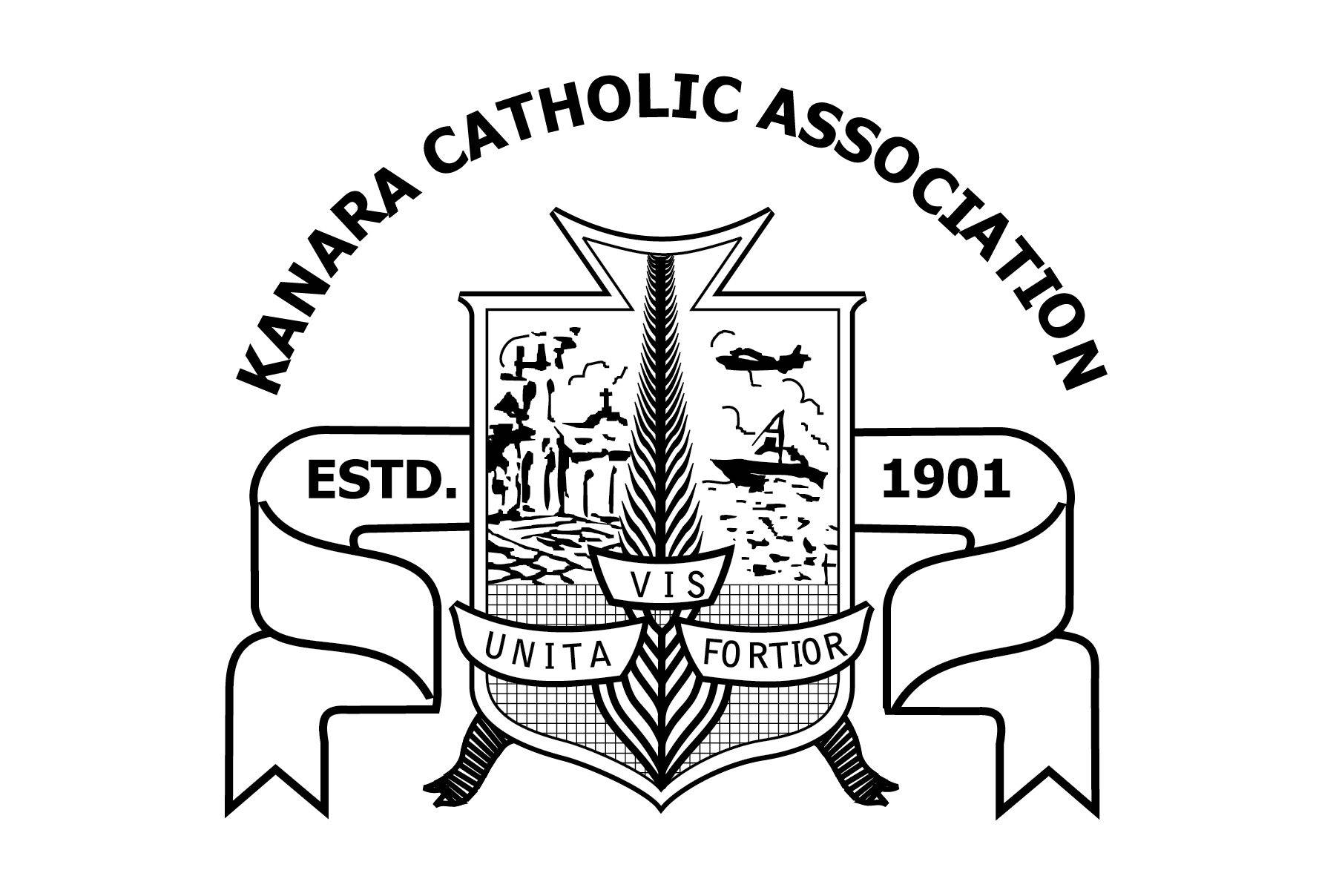The Father of Co-Operative Movements A Catholic Visionary like no other in India By Robin Saldanha On the 6th of March, 1863, a son was born to the Thonse Rebellos of Kallianpur, Joanna (nee Monteiro) and Mattheus Rebello. He was christened Francis Anthony Cyril Rebello. He had his early education at the Government College at Mangalore, the only institution at the time. (St. Aloysius College commenced in 1880). He graduated from the University of Madras in 1883, BA with Honours, a gold medallist in Economics. Excelling in mathematics, he was recruited by the Office of the Accountant General, Madras Presidency. He worked there for a period of three years. Knowing there were better prospects in Bombay, he joined the same Office in the Bombay Presidency in 1886. By sheer diligence, being a man of principle and character, he was promoted in quick succession, and rose to the post of Accountant General of Bombay. Mr. Rebello was also a Justice of Peace and an Honorary Magistrate. While in Office, he helped numerous Catholics with jobs. In fact, he recruited Mr. J. S. Pereira and Mr. Francis de Ga, both from Bandra, to the Accountants General Office. It was during this period that he also took on the arduous task of educating with strict discipline his younger brother Peter’s 13 children! (Peter was the hereditary Patel and Honorary Magistrate of Kallianpur, and had to manage the vast Rebello properties there. At the age of 5 years, he sent his children to Bombay. All the ‘A’s excelled in their respective careers, 3 joining religious orders. Dr. A.C. Rebello, KCSG, MLC was a past President of the KCA. Mr. Cyril Rebello retired from the Accountants General Office in 1921. No other Catholic in India has laboured so tirelessly to improve the religious, socio, and economic status of the community, and most importantly with NO vested interests. Mr. F.A.C. Rebello was a man simple in appearance with austere habits. In fact, he ate and slept very little, always on the move. His motto was “Laborare est Orare” (work is worship). His visionary mind was constantly active, brimming with ideas to organise help, protect and educate the Catholics. He was truly a missionary who practised his religion, an unassuming man who never spoke of his achievements, and was embarrassed when others praised his work. Hence, there are no photographs of him with Governors, church hierarchy, or at civic receptions even though he was Chairman of the municipality of Bandra. He founded numerous Co-operative Societies which have flourished under his initiative, labour, organisational skills and expert advice; housing, credit, education, religious and agricultural societies in Bombay, Honawar, Dharwar, Belgaum, Poona, Nasik, Bassein, and Karachi. Mr. Rebello was a regular if not the largest client, at the Chief Engineer’s Office in the Development Department. A firm believer that indigenous Catholics of the land should possess their own property and not be ousted by others, and also to safeguard their rights as well as to encourage other Catholics to buy property at concessional rates, led to him setting up the following Co-operative Societies: The Salsette Catholic Co-operative Housing Society Ltd in 1918 in Bandra. The St. Sebastian’s Home Co-operative Society Ltd in 1918 in Bandra. The Vile Parle Catholic Co-operative Housing Society Ltd (in liquidation). The Mangalorean Garden Homes Co-operative Society Ltd in 1916 in Bandra. The Nasik Catholic Sanatoria Co-operative Society Ltd in 1919. The Bombay Catholic Co-operative Housing Society Ltd in 1922 in Santa Cruz. The St. Anthony’s Homes Co-operative Society Ltd in 1925 in Chembur. The Dharwar Catholic Colony Co-operative Society Ltd. Acres of land were bought at Andheri and Vile Parle, but due to various reasons (some by the Government who wanted the land for the railways) the plan was abandoned, some of the land was sold, some still remains. The MGHCS bought 3 plots on St. Leo’s Road, now history as the plots were sold by the current committee. To revive the society, Dr. A C Rebello gave his land, (now Rebello House) though he was getting numerous offers from non-Catholics. 20 lakhs! from a Sindhi in 1960. The western side of Bombay had the majority of Catholic housing, so Mr. Rebello thought of having a colony for Catholics on the eastern side i.e. Chembur, and St. Anthony’s Society came about; a well-planned layout with a Church, a boys’ school, a girls’ convent, and a large playground. Mr. Rebello was Chairman of St. Anthony’s Homes from 1927-33, and President in 1934. The Bombay Catholic Co-operative Housing Society Ltd, Santa Cruz (the Willingdon Colony) is also part of history now – sadly, after much time and toil to provide affordable housing for the community in a verdant surrounding, it was sold to a non-Catholic builder recently. The Nasik Catholic Sanatoria Co-Operative Society Ltd had 6 furnished cottages built as a memorial to Baptista, Domingo, Rebello, Simcox, Bethlehem, and Dr. Viegas (Scheme A). The cottages were for member families, and non-members, to enable them to have a holiday or recuperate, in a healthier climate than Bombay for nominal rates of Rs. 30 – 40 per month. Alas, this too has been sold due to the greed of men. He also bought 16 acres, 8 guntas of land on behalf of the society in 1924 for Rs. 2,350/- in Deolali village (Scheme B). It was divided into 32 smaller plots and sold at affordable rates to Catholics to build their own homes. Numerous families benefitted from this scheme. As the Government of India Printing Press was established close by, and also the church and school, rates appreciated in the area. Mr. Rebello had grand ideas for Nasik; he wanted to build a Catholic township with schools, a Church, hospital, parks, etc., but sadly, his untimely demise prevented this. He acquired more land in October 1934, most of which was bought by the Bishop of Poona. A portrait of Mr. Cyril Rebello, was hung in Rebello Cottage, Nasik, after his demise. Mr. Rebello was the first person in India to adopt the co-operative rules to

